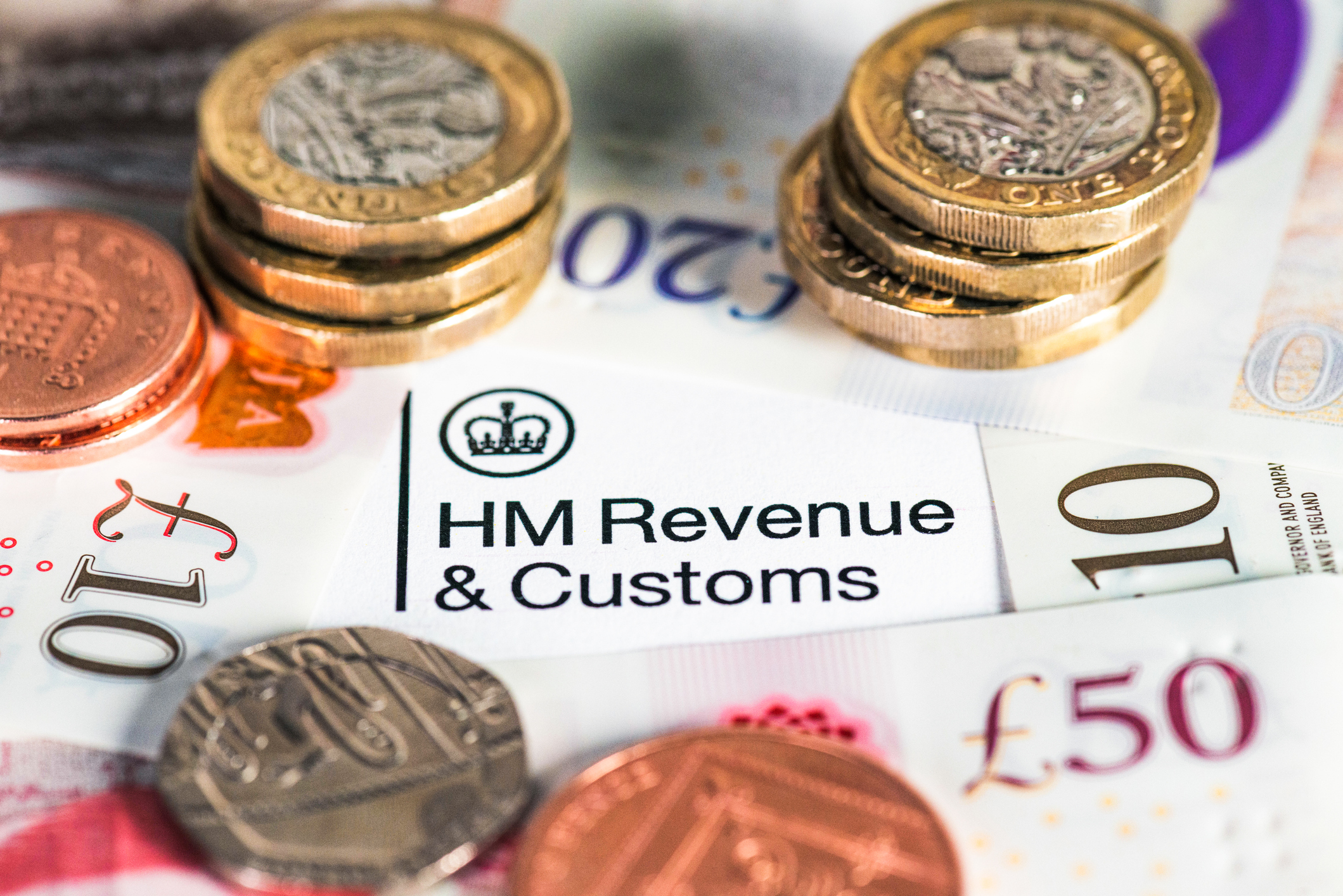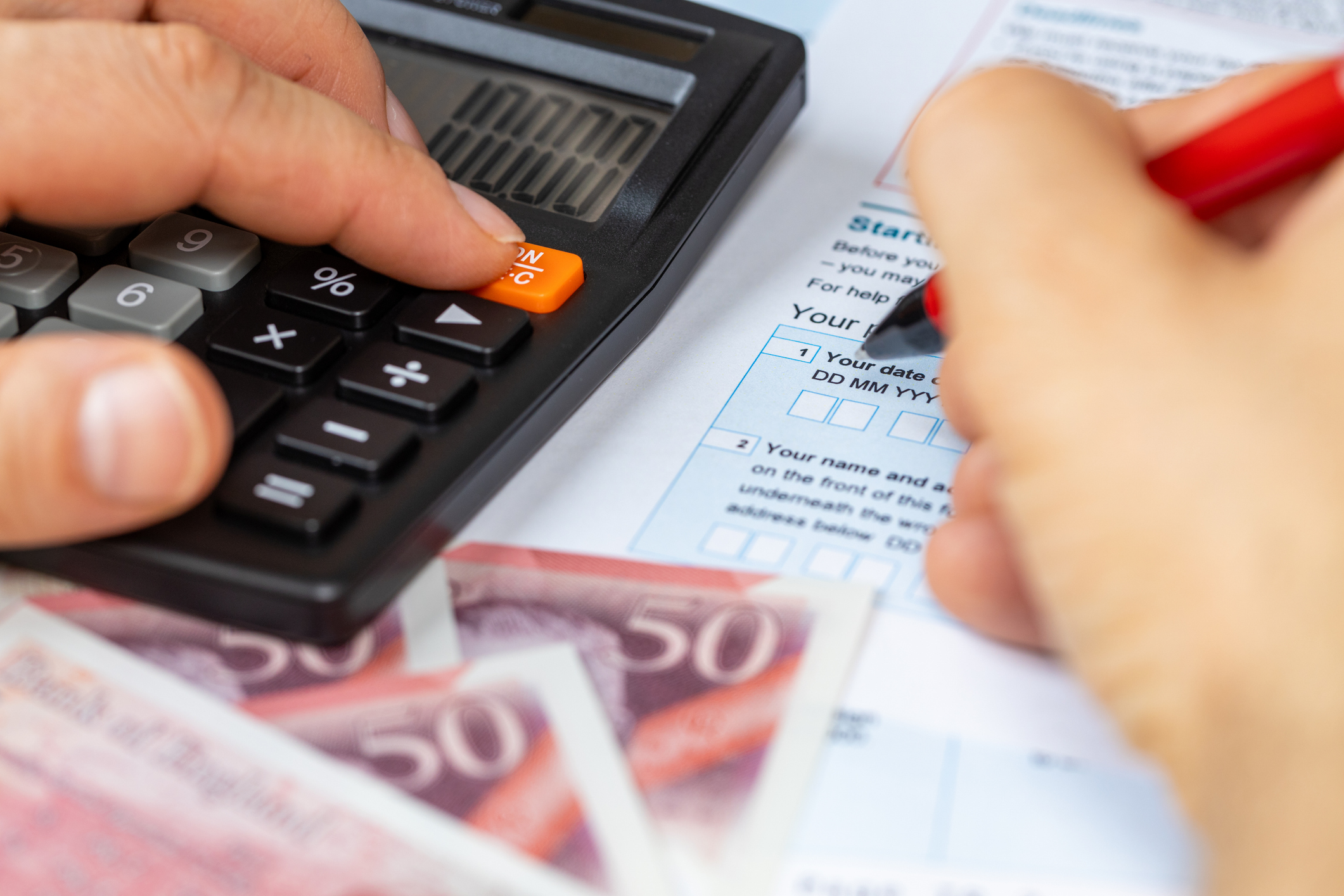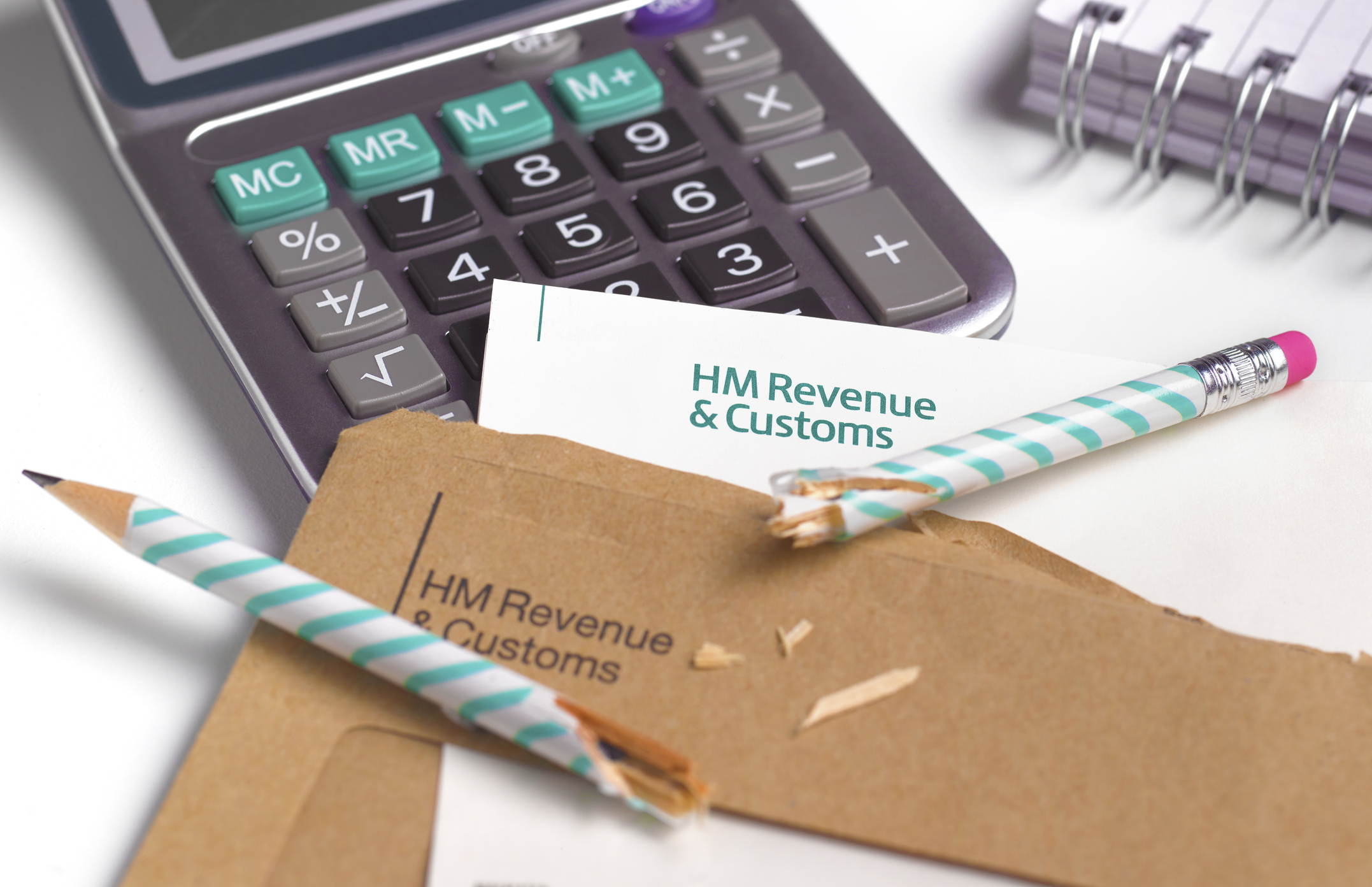Capital gains tax receipts rise as landlords cash in on property
More and more investors are having to pay capital gains tax, but there are some ways to avoid the tax trap


Get the latest financial news, insights and expert analysis from our award-winning MoneyWeek team, to help you understand what really matters when it comes to your finances.
You are now subscribed
Your newsletter sign-up was successful
Want to add more newsletters?

Twice daily
MoneyWeek
Get the latest financial news, insights and expert analysis from our award-winning MoneyWeek team, to help you understand what really matters when it comes to your finances.

Four times a week
Look After My Bills
Sign up to our free money-saving newsletter, filled with the latest news and expert advice to help you find the best tips and deals for managing your bills. Start saving today!
Capital gains tax receipts (CGT) hit a record £16.7 billion in tax year 2021/22 up 15% on the previous record year.
Under the current regime, CGT is payable on the profits made when selling an asset, with the amount received by the Treasury more than doubling in ten years. The number of payers in the latest tax year is also up 20% to 394,000.
New statistics from HMRC show that it is not only the super-wealthy who are footing CGT bills - 214,000 people paid CGT on gains of up to £25,000, marking a shift in who is paying the unpopular levy.
MoneyWeek
Subscribe to MoneyWeek today and get your first six magazine issues absolutely FREE

Sign up to Money Morning
Don't miss the latest investment and personal finances news, market analysis, plus money-saving tips with our free twice-daily newsletter
Don't miss the latest investment and personal finances news, market analysis, plus money-saving tips with our free twice-daily newsletter
The figures come at a significant time for potential CGT payers, as the free allowance was cut from £12,300 in 2022/23 to £6,000 for this tax year.
Investors cannot ignore captial gains tax
"If it isn’t already, CGT will soon be on most investors’ radars," says Helen Morrissey, head of retirement analysis at Hargreaves Lansdown, as more and more investors become liable for the levy.
“Although almost half (45%) of the total CGT paid is on super gains of £5 million or more, this tax is not just for the super wealthy as 214,000 people paid CGT on gains of up to £25,000.
“Overall, the numbers paying this wealth tax has more than doubled in 10 years and this number is only set to rise,” she says.
Toby Tallon, tax Partner at Evelyn Partners, echoes this sentiment, saying he expects CGT receipts are set to rise even further.
“From this tax year there is a sharp reduction in the annual exemption to £6,000 and it is due to halve again to £3,000 from 2024/2025 onwards. These changes will drag more individuals into the net for CGT,” he says.
He points to concerns from clients that the tax regime could become “even more restrictive” following the next general election, with many “accelerating the sale of assets before any potential tax changes, such as a possible increase in the rate of CGT.”
He says: “Anyone thinking of selling a property or business should remember it can be a lengthy process - particularly when it comes to disposing of large assets – and so planning ahead would be recommended. However tax is only one aspect to consider when disposing of an asset.
Landlords exodus drives up bill
A significant proportion of the latest CGT taking comes from sales of residential property, with 139,000 taxpayers reporting 151,000 disposals in the 2022/23 tax year, amassing a total liability of £1.8 billion - significantly larger than the tax year prior.
Rachael Griffin, tax and financial planning expert at Quilter says the data “suggests that there is an exodus of landlords from the property market as the tightening of tax laws on Buy to Lets make them a more unattractive investment.”
Landlords have contented with a turbulent few years, with a number opting to leave the market owing to high mortgage rates, expensive energy efficiency retrofits and rising property values.
Griffin says: Coupled with this the continuing high property values but simultaneous threat of a property price crash is seemingly making more landlords opt to sell up. How this ultimately impacts the market for all prospective buyers and renters is yet to be seen. Currently, property prices are slipping slowly but rent remains sky high as renters compete for a dwindling stock of rental properties.”
How to beat the CGT trap
Make use of your CGT allowance every year, before you lose it
Higher rate taxpayers pay 20% on capital gains on investments and 28% on gains from property. In the current tax year, you can make gains of £6,000 before you pay tax on them.
Offset losses against gains
Don’t forget, you can offset any capital losses you make during the tax year against gains. If your total taxable gain is still over the tax-free allowance, you may be able to deduct any unused losses from previous tax years. If just some of your losses reduce your gain to below the tax-free allowance, you can carry forward the remaining losses to a future tax year
Shelter as much of your portfolio in ISAs as possible.
If you have investments outside an ISA use the Bed and ISA process (also known as Share Exchange) to move these assets into an ISA.
Once in an ISA you won’t pay tax on either gains or income. Because the dividend tax rate is generally paid at a higher rate than the capital gains tax rate, it’s often worth prioritising income producing investments when making decisions about how to use your ISA allowance
Plan as a couple
If you’re married or in a civil partnership you can transfer investments into their name without triggering CGT, so you can both take advantage of your allowances. And if your spouse or partner can realise gains within the basic rate band they will pay 10% on gains (or 18% on residential property)
Consider a Venture Capital Trust
These aren’t right for everyone, because they are very high risk, so should only ever be considered as a small part of a large and diverse portfolio. However, if you use these schemes, they are CGT free and you can get up to 30% income tax relief.
Join us at the MoneyWeek Summit on 29.09.2023 at etc.venues St Paul's, London.
Tickets are on sale at www.moneyweeksummit.com
MoneyWeek subscribers receive a 25% discount.
Get the latest financial news, insights and expert analysis from our award-winning MoneyWeek team, to help you understand what really matters when it comes to your finances.
Tom is a journalist and writer with an interest in sustainability, economic policy and pensions, looking into how personal finances can be used to make a positive impact.
He graduated from Goldsmiths, University of London, with a BA in journalism before moving to a financial content agency.
His work has appeared in titles Investment Week and Money Marketing, as well as social media copy for Reuters and Bloomberg in addition to corporate content for financial giants including Mercer, State Street Global Advisors and the PLSA. He has also written for the Financial Times Group.
When not working out of the Future’s Cardiff office, Tom can be found exploring the hills and coasts of South Wales but is sometimes east of the border supporting Bristol Rovers.
-
 Should you buy an active ETF?
Should you buy an active ETF?ETFs are often mischaracterised as passive products, but they can be a convenient way to add active management to your portfolio
-
 Power up your pension before 5 April – easy ways to save before the tax year end
Power up your pension before 5 April – easy ways to save before the tax year endWith the end of the tax year looming, pension savers currently have a window to review and maximise what’s going into their retirement funds – we look at how
-
 Two million taxpayers to be hit by £100k tax trap by 2026/27
Two million taxpayers to be hit by £100k tax trap by 2026/27Frozen thresholds mean more people than ever are set to pay an effective income tax rate of 60% as their earnings increase beyond £100,000. We look at why, as well as how you can avoid being caught in the trap.
-
 13 tax changes in 2026 – which taxes are going up?
13 tax changes in 2026 – which taxes are going up?As 2026 gets underway, we look at what lies ahead in terms of changes to tax rates and allowances this year and how it will affect you.
-
 How to limit how much of your Christmas bonus goes to the taxman
How to limit how much of your Christmas bonus goes to the taxmanIt's Christmas bonus season but the boosted pay packet may mean much of your hard-earned reward ends up with HMRC instead of in your pocket
-
 Over 1 million pay 45% rate of income tax as fiscal drag bites
Over 1 million pay 45% rate of income tax as fiscal drag bitesHundreds of thousands more people are being pushed into the additional rate tax band by fiscal drag
-
 Simple assessment explained as millions brace for unexpected tax bills
Simple assessment explained as millions brace for unexpected tax billsIncreasing numbers of people could get letters from HMRC saying they owe more tax due to frozen thresholds, under a system known as simple assessment. Here is what it means for you.
-
 What are wealth taxes and would they work in Britain?
What are wealth taxes and would they work in Britain?The Treasury is short of cash and mulling over how it can get its hands on more money to plug the gap. Could wealth taxes do the trick?
-
 When is the self-assessment tax return deadline?
When is the self-assessment tax return deadline?If you are self-employed, rent out a property or earn income from savings or investments, you may need to complete a self-assessment tax return. We run through the deadlines you need to know about
-
 HMRC warning after scammers target 170k taxpayers – how to stay protected
HMRC warning after scammers target 170k taxpayers – how to stay protectedScammers are using increasingly sophisticated methods to trick people into sharing personal details or paying for fake self assessment tax refunds
